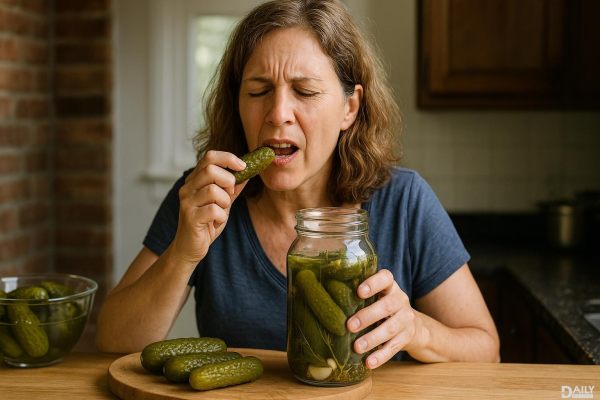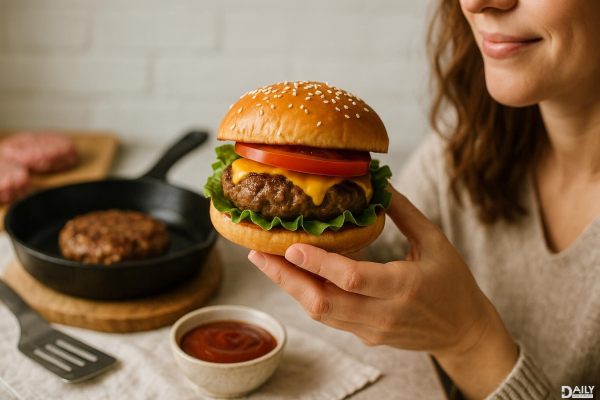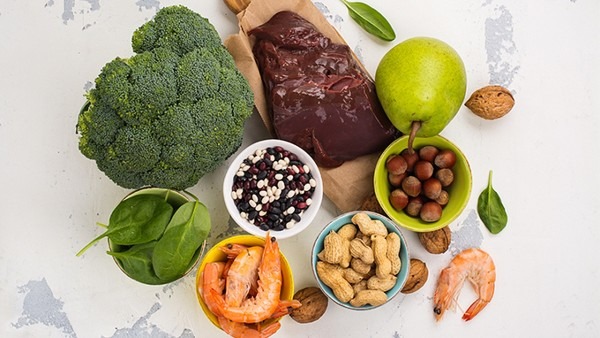Artificial sweeteners have been the subject of heated debate for decades, with some experts warning against their potential health risks while others argue they’re a safe alternative to sugar. The truth? It’s complicated. While the FDA has approved several artificial sweeteners as safe for consumption, emerging research suggests that long-term, excessive intake might not be as harmless as once believed. But before you swear off your favorite diet soda or sugar-free gum, let’s break down what the science really says—without the fearmongering.
How Artificial Sweeteners Actually Work
Artificial sweeteners are synthetic sugar substitutes designed to trick your taste buds into perceiving sweetness without the calories. "They’re chemically engineered to be hundreds—sometimes thousands—of times sweeter than regular sugar," explains Jenn Baswick, RD. This means a tiny amount can replace a spoonful of sugar, making them a go-to for low-calorie and "diet" products. But here’s the catch: because they don’t provide actual sugar (glucose), your body doesn’t metabolize them the same way. Some researchers argue this mismatch could confuse your metabolism over time, potentially leading to cravings or blood sugar irregularities.
The Gut Microbiome Connection
One of the most intriguing—and concerning—areas of research involves artificial sweeteners and gut health. A 2021 study suggested that certain sweeteners, like saccharin and sucralose, might alter the balance of bacteria in your gut, potentially triggering inflammation or metabolic issues. "The gut microbiome plays a huge role in everything from digestion to immune function, so disrupting it could have ripple effects," says Stephanie Wells, MS, RD. That said, most studies so far have been done on animals or in small human trials, so we can’t say for sure how significant this effect is in real life.
Do They Really Help With Weight Loss?
This is where things get murky. While artificial sweeteners are marketed as a weight-loss tool, some research suggests they might backfire. One theory is that because they’re so much sweeter than sugar, they could dull your sensitivity to natural sweetness, making fruits and other whole foods less appealing. Another possibility? Your brain might expect calories when it detects sweetness, and when those calories don’t arrive, it could trigger overeating later. "There’s no strong evidence that artificial sweeteners directly cause weight gain, but they’re not a magic bullet either," Baswick says. The WHO’s recent guidance against using them for weight management reflects this uncertainty.
The Cancer Scare: How Much Should You Worry?
Headlines linking artificial sweeteners to cancer have been around since the 1970s, but the actual risk is minimal for most people. The infamous aspartame study that sparked panic involved rodents consuming absurdly high doses—far beyond what any human would realistically consume. "You’d have to drink dozens of diet sodas daily to even approach those levels," Wells notes. That said, if you have a family history of certain cancers or other risk factors, it’s worth discussing with your doctor.
Who Should Be Most Cautious?
While artificial sweeteners are generally safe for the average person, some groups should be more mindful. Pregnant women, for example, may want to limit intake due to limited research on fetal effects. People with phenylketonuria (PKU), a rare genetic disorder, must avoid aspartame entirely because their bodies can’t break down one of its components. And if you have digestive issues like IBS, certain sweeteners (especially sugar alcohols like sorbitol) might trigger bloating or diarrhea.
Practical Tips for Moderating Intake
If you’re not ready to ditch artificial sweeteners completely but want to play it safe, here’s a balanced approach:
At the end of the day, artificial sweeteners aren’t a health food, but they’re not poison either. Like most things in nutrition, moderation and context matter. If you enjoy the occasional diet soda or sugar-free yogurt, there’s no need to panic—just stay informed and keep an eye on emerging research. And if you’re ever in doubt? A registered dietitian can help you navigate the sweet spot between enjoying life and protecting your health.
























